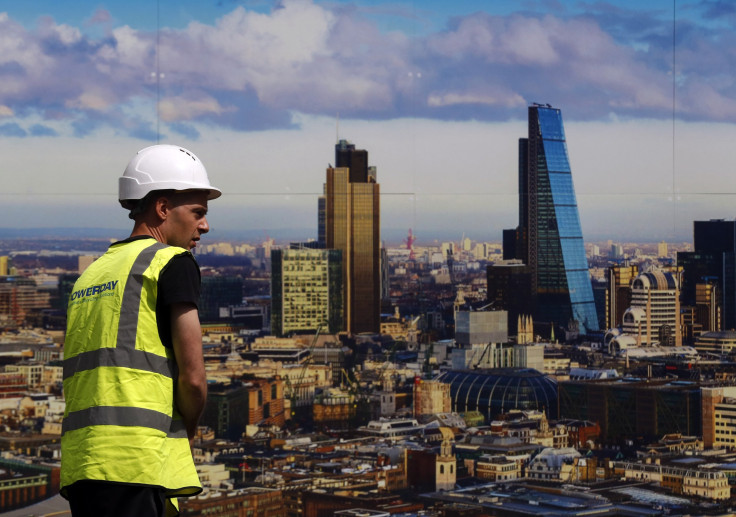British Wages Are Falling Despite Economy's Growth

Britain’s economy is growing faster than any other developed nation's, but that doesn’t mean Brits see the money.
In the three months ended in June, paychecks including bonuses shrank by 0.2 percent from a year earlier, the British Chambers of Commerce (BCC) said Wednesday.
“Wage growth declined on the quarter for the first time in five years, which is a warning sign that the economic recovery, although on the right track, is still fragile,” David Kern, chief economist at BCC, said in a statement.
Excluding bonuses, incomes increased by 0.6 percent, the slowest growth since records began in 2001. Inflation is at 1.9 percent, meaning the costs of living are increasing significantly faster than household incomes. In the same time period, employment rose by 167,000 jobs and unemployment fell by 132,000 jobs to 6.4 percent, the lowest since 2008.
According to the U.K. government, the 0.2 percent slip in pay is due to a higher-than-normal growth in wages in April 2013 because employers who usually pay bonuses in March paid them in April last year.
The U.K. economy shrank by 7 percent during the recession and has expanded to pre-crisis levels only this year, thanks to a housing boom and consumer spending. On Wednesday, the Bank of England updated its forecast for U.K. GDP growth for the year to 3.5 percent from 3.4 percent and to 3 percent in 2015, up from 2.9 percent.
The bank also halved its forecast for wage growth, now expecting salaries to rise by 1.25 percent this year, still under inflation. But on the bright side, the bank expects wages to grow by 3.25 percent in 2015, though that is reduced from a previous forecast of 3.5 percent.
When firms believe they won’t have difficulty finding employees to fill needed positions because it seems there are plenty of job seekers, they are less likely to raise wages. So although unemployment is falling, Capital Economics economist Paul Hollingsworth believes it needs to fall more for wages to rise again.
“There remains a large margin of spare capacity in the labor market which is subduing wage growth,” he wrote in a note Wednesday.
© Copyright IBTimes 2024. All rights reserved.












